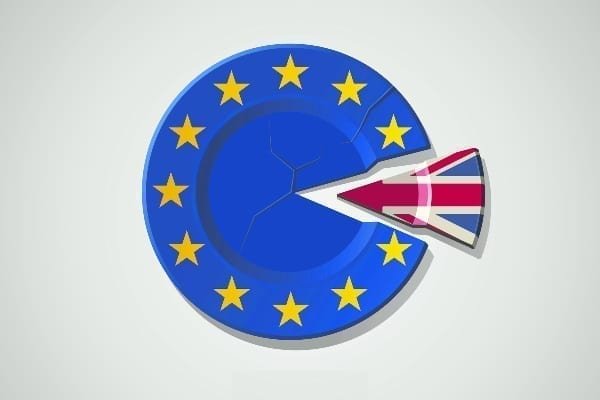This article first appeared in our spring ’19 issue of MyGreenPod Magazine, The Organic Revolution, distributed with the Guardian on 31 May 2019. Click here to subscribe to our digital edition and get each issue delivered straight to your inbox
Will there be any changes to food safety, agricultural chemicals or pharmaceuticals if we leave the EU? The stark truth is this: so far not enough has been done to guarantee public safety anyway. According to a Global Burden of Disease study, the food we eat is now responsible for 20% of deaths in the west, where processed, denatured food dominates. Over 80% of the average diet’s calorific content comes from rice, processed white sugar, wheat, cooking oil and corn.
Current UK and EU measures have done very little to abate the alarming year-on-year rise in the diseases of civilisation (such as cancers, heart disease, iatrogenics, obesity, diabetes, dementia and depression), so there’s little hope of improvement without significant changes.
Monsanto and the USA
We could adopt the USA’s codes of business ethics and practices – though this would set us back over a century in terms of the regulation and control of global corporations, who are, irrespective of the political party in power, always calling the shots.
The biggest concern in the coming years will be the consequences of spraying the deadliest chemicals ever invented by mankind onto our food, with constant cover-ups of any negative scientific results that would affect sales.
The USA could lead the way with its current Monsanto court cases, during which glyphosate has been blamed for causing cancers. Having already lost the first two trials, and with another 620 plaintiffs ready to go to court and a further 4,000 thereafter, the tide could be turning. It needs to.
In America, following risk-based assessments of active substances in agricultural chemicals, 1,430 substances are considered safe for use on food, compared with 486 In Europe. This means the USA is using 1,000 substances deemed unsafe in Europe! Probably best not to stick with them then, is it?
Is Europe the answer?
A lot of hard work has been done to prepare a new Common Agricultural Policy (CAP) for Europe, though an individual plan for the UK will need to be drawn up if we leave. However, as a herbalist I see two regulations, both carrying a hefty €75,000 fine, that show the EU is also worryingly dominated by the same corporations.
In France there is a centuries-old regime of using a green fertiliser called purin d’ortie. Farmers cut down nettles, soak them in water and then spray the solution on fields as an effective fertiliser and insect repellent (a far nicer word than pesticide). It’s an art, with different strengths for different purposes, but the EU made it illegal following pressure from lobbyists representing the £100bn per year fertiliser and £60bn per year pesticide industries.
 Play Video about This Rock Might Just Save The World
Play Video about This Rock Might Just Save The World Play Video about Play 2 hours of rock
Play Video about Play 2 hours of rock Play Video about Play 2 hours of brook
Play Video about Play 2 hours of brook Play Video about Play 2 hours of sheep
Play Video about Play 2 hours of sheep











































